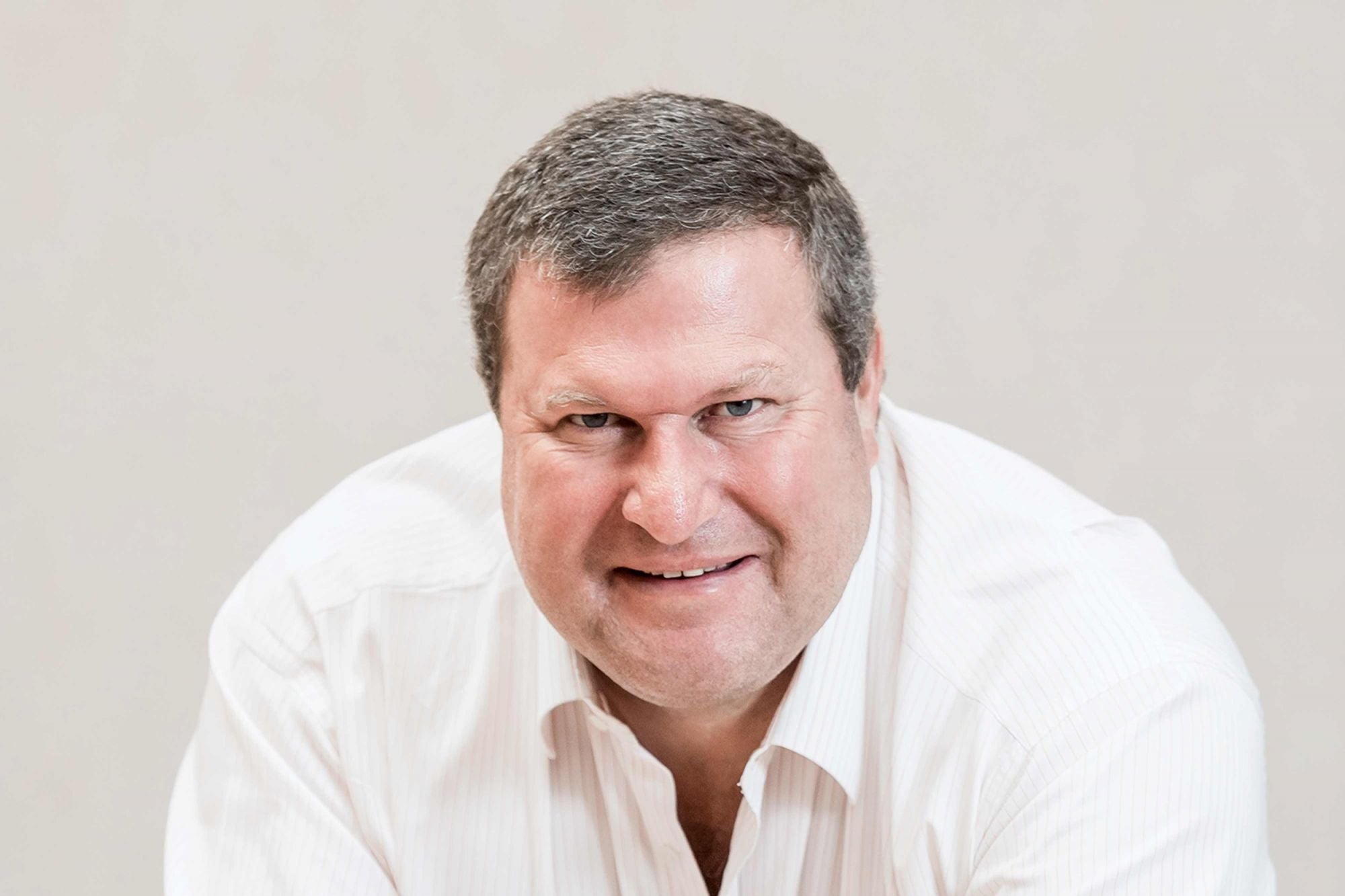How To Build A Business That You Can Sell To An Acquisition Firm How DRS CEO Robert Brown bootstraped a business, substantially grew it over two decades, and then successfully negotiated an acquisition by an overseas company.
By GG van Rooyen •
Opinions expressed by Entrepreneur contributors are their own.
You're reading Entrepreneur South Africa, an international franchise of Entrepreneur Media.

Vital Stats
- Player: Robert Brown
- Position: CEO and founder
- Company: DRS (Dynamic Recovery Services)
- EST: 1997
- About: DRS is an ICT company that specialises in information security, IT risk management and IT governance services and solutions. The company was launched more than two decades ago with just R2 000, but today counts many listed companies amongst its clients. It was acquired a few years ago by Swedish company Cognosec AB. In January 2016, Robert Brown was appointed as CEO of Cognosec.
- Visit: www.drs.co.za
When it comes to bootstrapping a business and growing it successfully, how important is cashflow? What role does it play?
Cashflow is everything. If you want to be successful, you need to know exactly what's going on in your business's bank account. How much is coming in? How much is going out? Who owes you money? Who do you owe? When will they pay? When do you need to pay? These questions are all crucial. Many people see money coming into a bank account and assume that the business is profitable. Of course, this is not the case. Only when more is coming in than is going out is the business actually profitable.
Unfortunately, if you want to know what is really going on in your business, you need to pay attention to the paperwork. Many entrepreneurs hate paperwork and are pretty bad at it, but it can't be ignored. You have to sweat the details. You can bring on a bookkeeper or accountant, but that doesn't absolve you from all financial responsibility. As the founder or CEO, you should have detailed knowledge of the company's financial situation at all times.
Where does budgeting feature in this?
Budgeting is very important. You need to create a detailed budget. However, the budget is useless if it doesn't reflect reality. Don't exaggerate income and minimise expenses. Entrepreneurs are naturally optimistic people, but this is one instance in which a serious dose of reality is very useful. In fact, don't just be realistic — assume that a disaster will hit. Create a "worst case' scenario. As the saying goes: Hope for the best, but prepare for the worst.
Looking back on the growth of DRS over the years, what would you identify as one of the company's key inflection points?
Probably when the company passed that 50-employee threshold. In my experience, once a business grows beyond 50 people, things change fundamentally. Systems and processes that worked well until then, suddenly start breaking down. So, once your business reaches that size, I think you need to be willing to reevaluate the basic structure of the organisation.
Chances are, some big things will need to change. When the business is growing quickly, it's easy to blow past this point without giving it much thought, but you'll end up paying for it down the line. Once again, sweat the details. The earlier you start implementing the necessary systems and processes, the less painful the experience will be.
How did you manage the growth of DRS? How did you know that the time was right to enter that next cycle of growth?
In my opinion, you should find the work, and then find the people needed to do that work. In other words, you don't want to be over capacity. If you do this, you run the risk of spending more than you're making. Instead, go out there, find work, and then expand. Don't expand and then hope that you'll be able to find work to keep everyone busy. Also, landing a couple of good long-term contracts can give you the breathing room needed to grow. If you know that some steady money will be coming in over the next couple of years, you have more freedom to grow.
How do you minimise risk when growing a company? How do you set it up for long-term success?
Never have one product and never have one customer. Too many companies become over reliant on a single product or a single large client. That's incredibly risky. Instead, you want multiple revenue streams. You want to sell multiple products to lots of clients.
There are plenty of examples in history of companies that built an empire on a single piece of technology, and when that technology became obsolete, these companies disappeared. Similarly, young companies sometimes land a huge contract that becomes the engine for massive growth. When that contract suddenly disappears, the company folds. If you want to create a company that thrives in the long term, don't put all your eggs in one basket.
DRS became a Cognosec AB subsidiary a few years ago. What made you decide to sell?
If you want your company to grow and prosper beyond you, the founder, you need to be willing to accept change. The last thing you want is to remain central to the success of the company decades after the launch. You need to think about your exit, even if you don't plan on leaving the company in the near future. Even if you don't intend to exit at all, you still don't want to be responsible for every decision.
That's not how you create a large and healthy organisation. Start putting the people and structures in place that will allow you to exit as soon as you can. For me, Cognosec AB made a lot of sense. It was a company that I believed would increase the options available to DRS and its people. By joining an international organisation, we really went to the next level.
What is the key to long-term success?
It's the people. A lot of business leaders say this, of course, but that just proves how true it is. Without great people, you cannot build a great business. You might enjoy some short-term success, but the business won't last for decades. When your business grows, especially if it's growing quickly, it's all too easy to hire the wrong people or to lose control of the culture.
When you do this, the business suffers. One of our greatest achievements as a company, and what I believe has been key to our success, has been our ability to help individuals grow and prosper. We have many long-time employees who have worked themselves up from incredibly junior positions into leadership roles. That's given us a depth of knowledge and a feeling of family that have been instrumental in our success.












